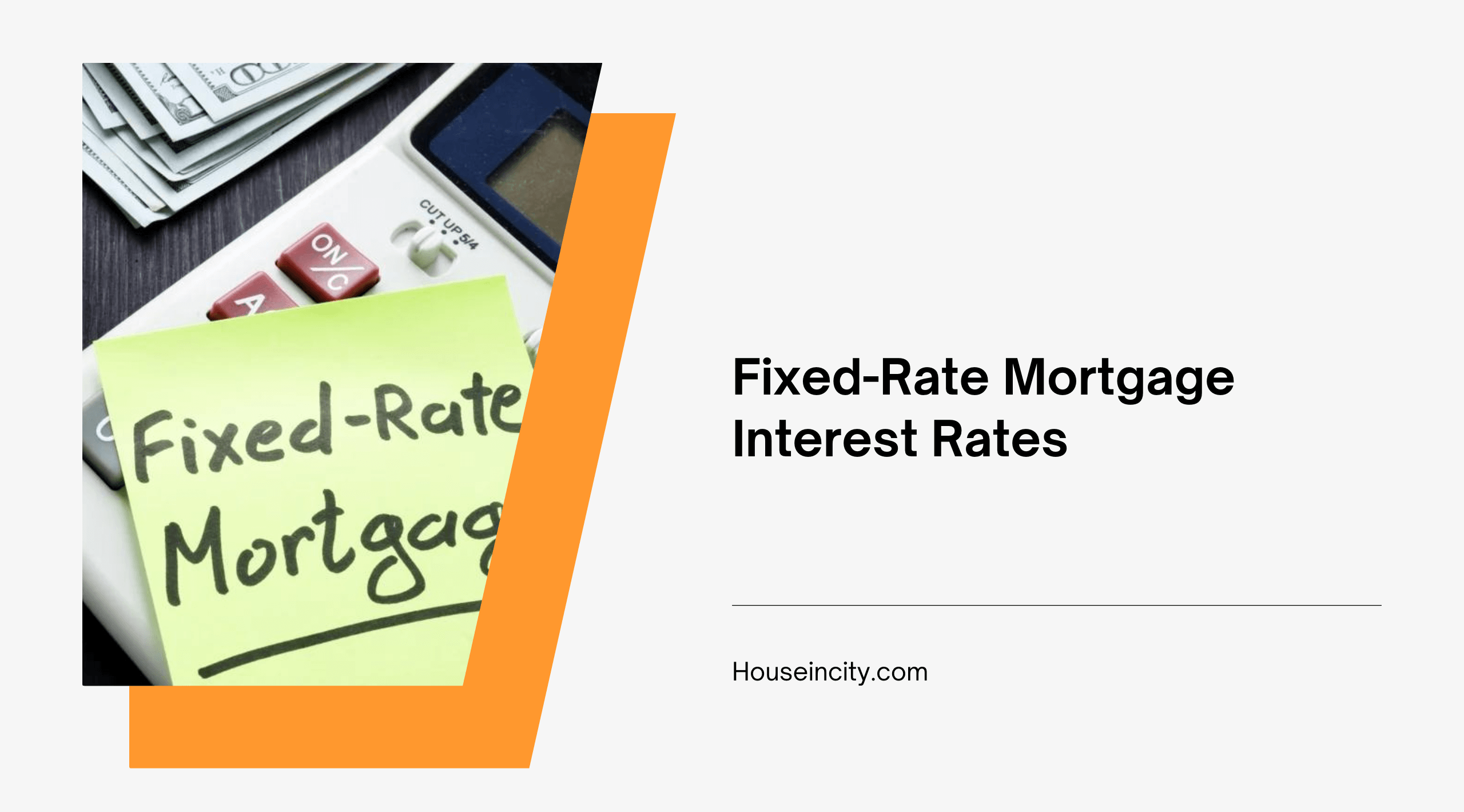Buying a home with the help of mortgage financing is one of the greatest commitments that you can make in life. As a conservative homebuyer, you are likely to prefer a fixed-rate mortgage, as means to budget around regular housing payments. Before taking out a fixed-rate mortgage, it is critical that you understand how fixed mortgage interest rates are calculated. With this information, you can best implement a solid home buying strategy.
Fixed-Rate Mortgage Interest Rates: Real Estate Collateral
A fixed-rate mortgage is a secured loan, where your real estate serves as collateral. Terms of the mortgage contract specify that the lender can seize your property and auction it off — to make good on any missed payments. These collateral provisions reduce financial risks for banks and translate into relatively low mortgage rates.
Alternatively, credit cards are examples of unsecured loans, where the bank relies strictly upon good faith for you to make payments. The bank receives nothing – if you were to default on credit card debt. Because of these terms, banks charge high interest rates on credit card loans.
Fixed-Rate Mortgage Interest Rates: Types
Fixed-rate mortgages typically mature in either 15 or 30 years. 30-year fixed-rate mortgages feature higher interest rates – because financial risks increase with time. With an additional 15 years, you have more opportunities to lose your job, get divorced, or suffer from an illness that impedes your ability to make payments. Inflation risks also increase with time, as a rising price level erodes the purchasing power of your future mortgage payments for banks.
Although the 15-year mortgage features lower rates, you will obviously be subject to higher monthly payments because the loan amortizes over a shorter period of time. You can pull up an online mortgage calculator alongside recent banking statements to perform an analysis of whether the long-term interest savings make up for the increased monthly housing costs within your budget.
Fixed-Rate Mortgage Interest Rates: Federal Reserve Board
The federal funds rate is a benchmark, or comparison standard, for fixed mortgage rates. Banks make loans to each other overnight at the federal funds rate – so that each financial institution can meet its Federal Reserve requirements. For their mortgage offerings, each bank charges a premium to the federal funds rate, as compensation for taking on more risks of dealing with consumers instead of other financial institutions. You can read the Wall Street Journal for charts and commentary that compare the federal funds rate to national mortgage rates.
You can expect the lowest mortgage rates amid recession. The Fed lowers rates to combat an economic slowdown and encourage people to take out loans, invest money, and spend cash on big-ticket items. When the economy recovers, the Fed will drive federal funds and mortgage rates higher to guard against inflation.
Fixed-Rate Mortgage Interest Rates: Personal Finances
The bank will evaluate the strength of your personal finances before setting interest rates on a fixed mortgage. To secure a good rate, you should target a monthly mortgage payment that is less than 30 percent of your monthly gross income. Your debt payments, including mortgage, credit card, and automobile notes, should also be less than 36 percent of your gross income. In terms of credit standing, Bankrate.com says that a credit score above 760 provides you with access to the best mortgage rates.
Fixed-Rate Mortgage Interest Rates, Sources:
The Federal Reserve Board: Purposes and Functions
How credit scores affect mortgage rates
Federal Trade Commission: Looking for the Best Mortgage
More From Kofi Bofah and Yahoo! Contributor Network:
Buying Stocks: Dividend Reinvestment Plans (DRIPs)
CD Structure and Laddering
How to Pay Off Credit Card Debt Fast
